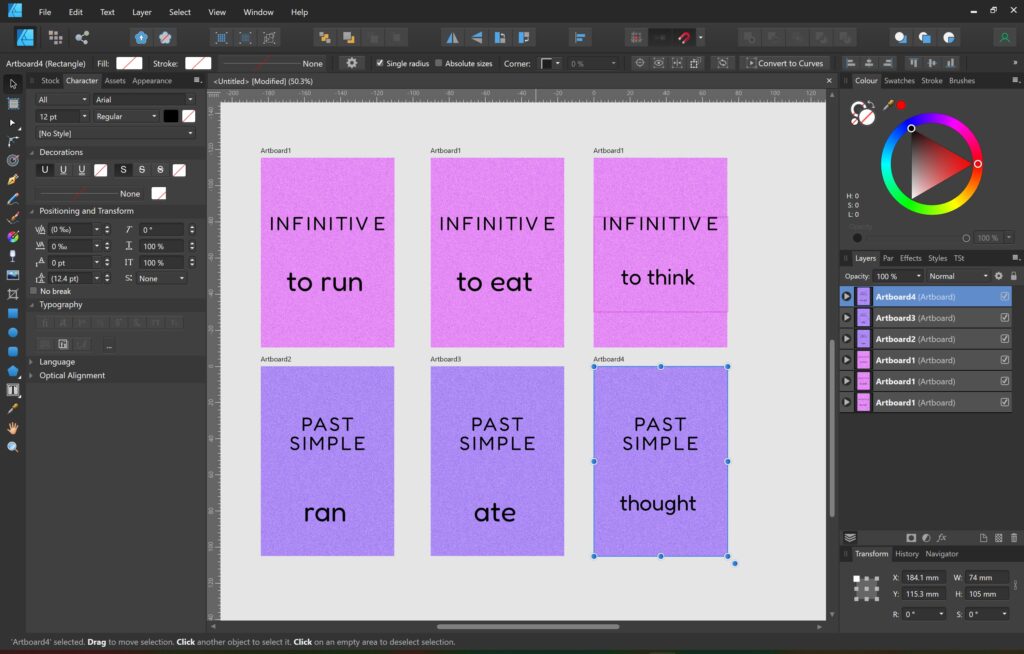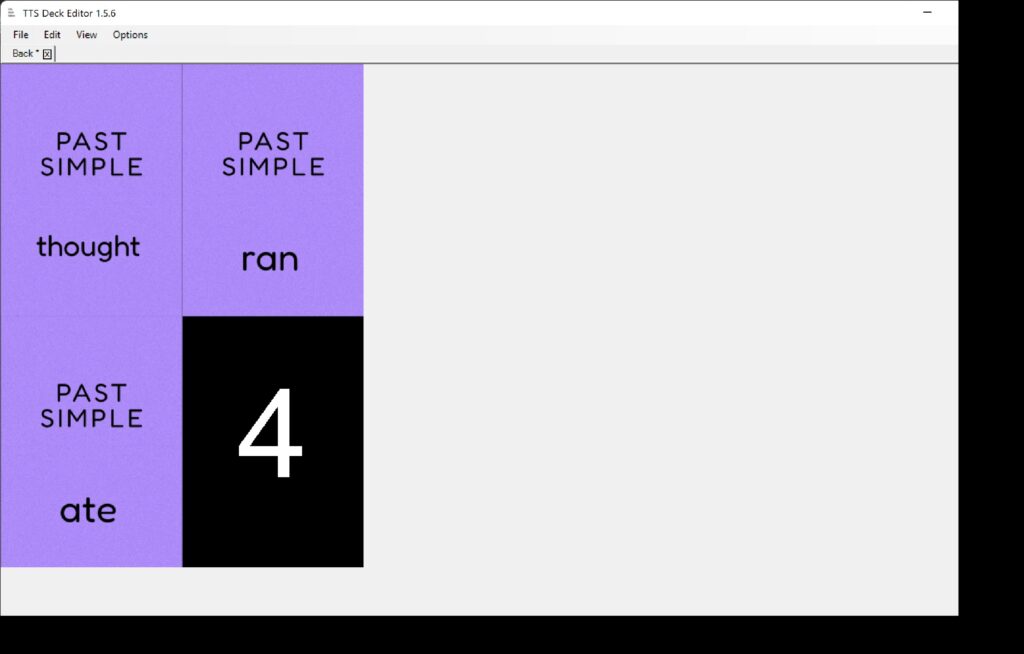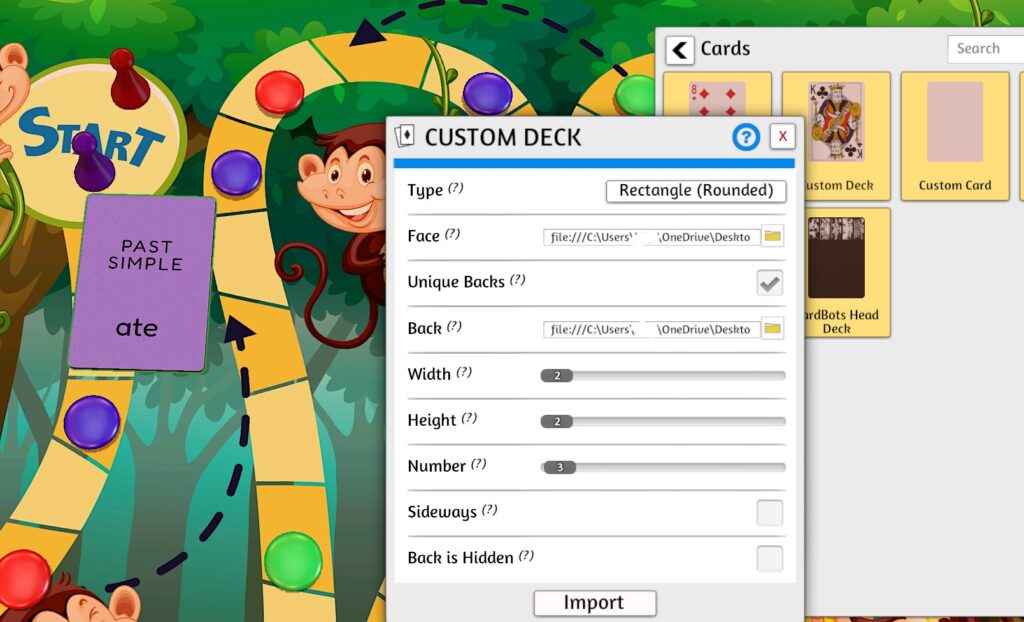Most teachers want to add a realistic touch to their online lessons – and use the tried-and-trusted tools from the in-person classroom where possible. Here’s a way to bring the good old flashcard to the digital classroom.
When corona first hit, we found ourselves stranded in a weird wide world of online teaching.
Tech companies swooped in to plug the gaps that still existed in their digital world, and ridiculous words (Kahoot), old words made new (Zoom) and bizarre portmanteaus (SpatialChat) all became parts of a brave new lexicon. We were offered video chatting tools. Collaborative whiteboards. Presentation applications. Small companies offered big solutions, and big companies offered gargantuan solutions.
And yet, among all of the tools and features, I still have not found the perfect replacement for the humble flashcard.
If anybody finds their perfect flashcard app – tell me in the comments!
As for me, here’s what I use… It’s not perfect, it’s certainly not designed for the job I use it for and it can be finicky to set up…. But I still have a real soft spot for it, and it’s the best of a rather lacklustre field:
Better too early than too late
This application was released in 2015, far ahead of its calling… The following is a graph showing Google searches for ‘Tabletop Simulator’. Any guesses what caused that peak in February 2020?
It is designed to replicate a tabletop, for playing board games. You can place boards and pieces down, move them around and roll dice… Working with children, this alone was a blessing:
Setting the Table
But where it really shines is in the ability to load up virtual assets – such as virtual flashcards – and use them like the real thing.
This is a bit of a hassle – and is the first big downside of using Tabletop Simulator for this purpose. I’d really love recommendations for an easier application! It’s worth it if you use a set of cards regularly though.
I won’t go into full detail on how you import assets (instructions can be found here), but first you have to draw your set of cards in an image editor:

Save each side as a separate jpg, then collate and save the fronts and the backs in an included card-generator:

In-game, you then load these files onto a ‘blank’ deck of cards:

And you end up with a deck that you can save, flip over, shuffle, deal and otherwise treat as ‘real’ cards.
So far, I’ve only used this software whilst sharing my screen. Students use Zoom’s annotation features to highlight cards they want to turn over, or to write notes. If other people also have the software, however, they can join you as a separate player at the table. This allows them to pick up cards themselves, hold them in their hand, flip them over and so on.
Does anything combine flexibility and simplicity?
Unfortunately, this application is rather expensive to expect your students to buy (it is sold for €20, or is available in a multi-pack for cheaper). I already had my copy for personal use – otherwise it’s probably wise to keep your eyes open for a sale. It’s also pretty resource-intensive – when combined with Zoom screensharing, my poor laptop shows the exertion and is sometimes prone to slowing down, as well as getting rather toasty. I would definitely not recommend it if you have an older computer – but you’ve probably already realised that this is a post for the technophiles!
What Tabletop Simulator really gets right is the feeling of having real, genuine flashcards. You can move them around the table, mix them up, flip them over and throw them away. They’re also utterly customisable – although this is a bit of a double-edge sword, as this comes with its own complexity. It’s also not just limited to cards – you can also create custom boards, roll dice and hand out customisable tokens. It’s incredibly versatile.
I just wish there was something simpler, or quicker if I’m only going to use the cards once. (It’s unlikely I’ll get another English student in the cinema-lamp-manufacturing trade…)
Do you have any such recommendations? Or apps that have proved useful in unexpected ways?
***
Following the traditional path of discovering Rammstein, Kraftwerk and Run Lola Run as a teenager, Kit has dreamed of living in Germany ever since. Finally making the move in January 2019, he now works here as a freelance English teacher by day and by night enjoys reading, writing and weeping into books of German grammar.




